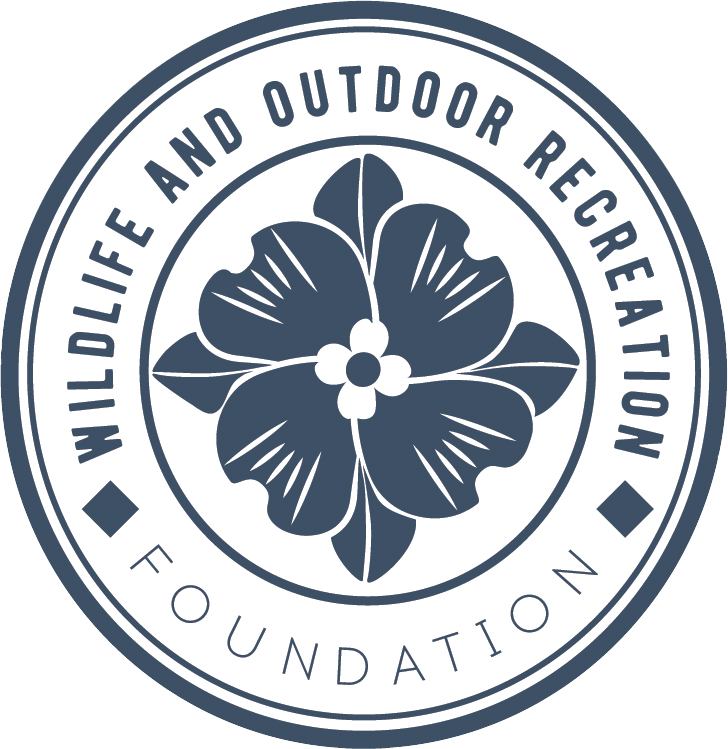
Habitat Conservation Support
how does habitat conservation bring balance to the environment?
Healthy habitats provide the necessary resources—food, water, shelter—for a wide variety of species. When these habitats are conserved, they support diverse plant and animal life, which contributes to a balanced ecosystem.
Habitat conservation is critical for maintaining the balance and health of our environment.
2. Enhances Ecosystem
Natural habitats perform essential functions like air and water purification, climate regulation, and soil fertility. By protecting these areas, we safeguard those services, which are vital for both natural ecosystems and human well-being.
1.Supports Biodiversity
Habitats provide the necessary resources—food, water, and shelter—that a variety of species need to thrive. Conserving these areas helps protect the diversity of life, ensuring ecosystems remain vibrant and resilient.
4. Mitigates Climate Change
Forests, wetlands, and other natural habitats play a significant role in regulating the climate by absorbing carbon dioxide and reducing greenhouse gas emissions. Conserving these areas helps combat climate change and its effects.
3. Maintains Ecosystem Stability
Healthy habitats support balanced food webs and ecological interactions. When habitats are preserved, the intricate relationships between predators, prey, and plants remain intact, preventing disruptions that can lead to environmental imbalances.
6. Promotes Ecosystem Resilience
Diverse and healthy habitats are better able to withstand and recover from environmental stresses, such as natural disasters or human impacts. This resilience is crucial for maintaining overall environmental stability.
5. Protects Natural
Resources
Habitats like wetlands and forests help manage water resources, prevent erosion, and reduce flooding. Conserving these areas ensures that these natural resources remain available and sustainable for future generations.
Habitat Conservation Benefits Humans Too!
Green spaces and natural areas enhance quality of life by providing recreational opportunities, improving mental health, and fostering a connection to nature. Preserving habitats is essential not only for protecting wildlife but also for ensuring that our natural environment remains balanced and healthy for future generations.
Our Habitat Conservation Programs
How We Support Habitat Conservation
Habitat Preservation: We protect natural habitats where at-risk species reside, ensuring their survival and the health of their ecosystems.
Habitat Restoration: We work to restore damaged or degraded habitats, improving conditions for wildlife and enhancing their chances of recovery.
Sustainable Management Practices: We implement practices that use habitats responsibly, ensuring that conservation efforts benefit rather than harm local wildlife.
Raising Awareness: We educate the public about the importance of habitats and the challenges faced by at-risk species, fostering a deeper understanding and commitment to conservation.
Implementing Legislation and Regulations: We advocate for and enforce laws that protect habitats and species, providing legal safeguards against harmful activities.
Supporting Research and Monitoring Initiatives: We fund and promote research to track and understand at-risk species, using this data to inform effective conservation strategies.
Promoting Responsible Practices: We encourage behaviors and practices that minimize negative impacts on habitats and species, supporting sustainable interaction with the environment.




